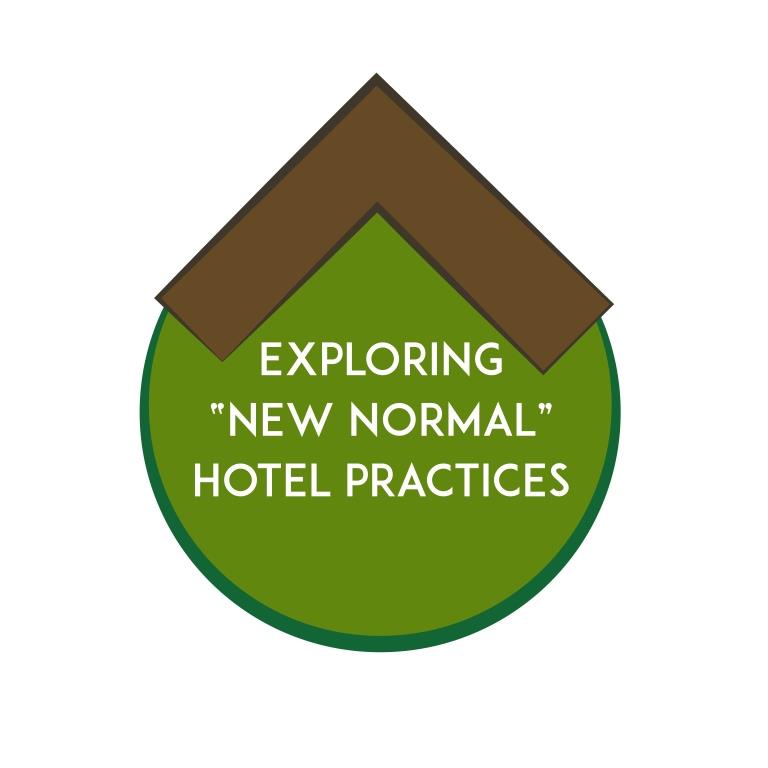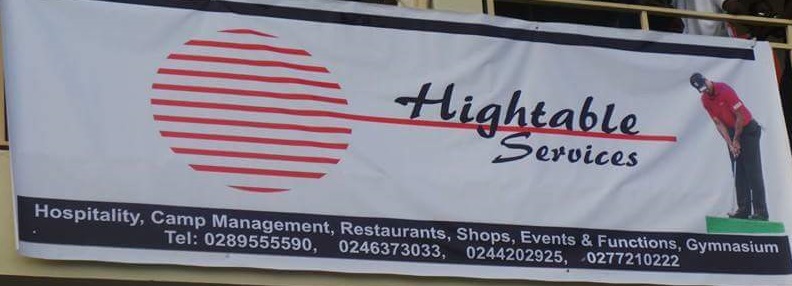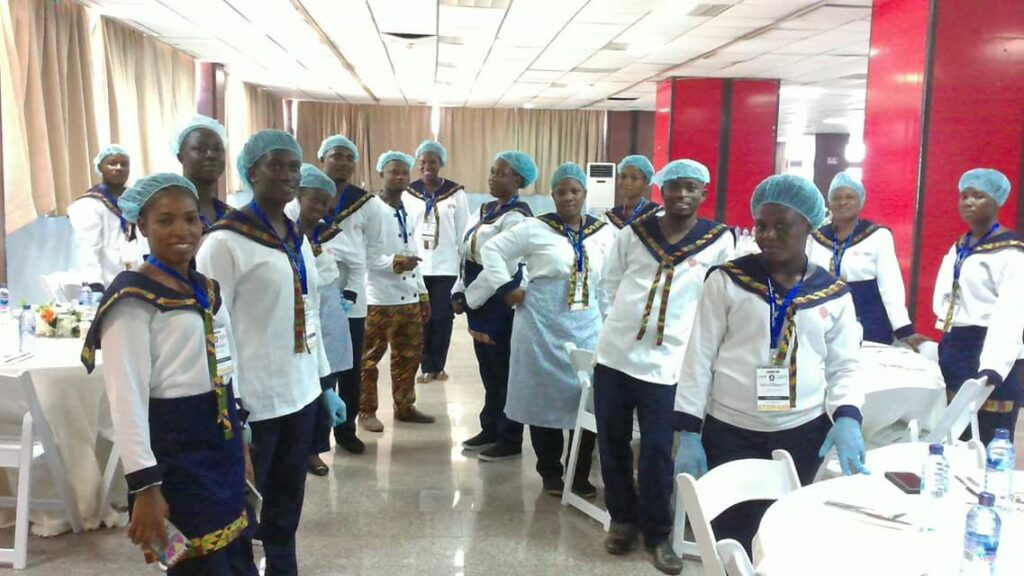 I have recently come across a number of studies on ‘food safety knowledge’, ‘food safety attitudes and practices’ among various food and beverage outlets in Ghana. For our readers who have expressed concern as to how our kitchens are doing, I get the impression from my readings of the above studies that there is sufficient knowledge and positive attitudes about food safety in the hospitality industry, however this does not translate into strict adherence to hygienic practices or good practices.
I have recently come across a number of studies on ‘food safety knowledge’, ‘food safety attitudes and practices’ among various food and beverage outlets in Ghana. For our readers who have expressed concern as to how our kitchens are doing, I get the impression from my readings of the above studies that there is sufficient knowledge and positive attitudes about food safety in the hospitality industry, however this does not translate into strict adherence to hygienic practices or good practices.
Enhanced food safety concepts such as knowledge about HACCP has not caught on as expected even within the hotel industry. There is a general awareness of diseases associated with improper handling of food thus basic hygienic practices such as hand washing, avoiding cross contamination and maintaining standard temperatures particularly for food storage are practiced. A number of facilities ensure an annual medical screening of their employees.
Talking about kitchens, I thought it apt to invite the Managing Director of Hightable Services, Mr. Joachim Asare, who operates several kitchens because of the nature of the business.
Hightable Services is a Hospitality company which provides the following services among others: Facility management including company guest houses and cafeteria management, noncommercial institutional catering for company workforce, on or off site as well as school and college cafeterias.
They have operated in Liberia, Zambia and are currently in Ghana.
Thank you, Mr. Asare, for joining us on this platform.

HOST: I have singled out the kitchen or the food and beverage department from all the departments in a hotel as one which has established operational systems for safety and hygienic practices. What are your views?
GUEST: The food and beverage department has established operational systems for safety and hygienic practices; in siting facilities to operate in this area, the location of the establishment has to be well away from any source of food safety hazards such as muddy areas, waste disposal site and flooding. Access to clean air, water and light are very important. The space available must be adequate to provide the kind of services that the establishment carries out.
The building structure and indoors should permit good hygiene practices, including protection against cross -contamination of food surfaces between and during operations.
HOST: From your response, what are your thoughts about our effectiveness as a country in monitoring this sector of the tourism industry, especially when it comes to water availability and clean air at food service outlets?
GUEST: The food and beverage and catering facilities should have the best of water supply. Where there are water shortages, there must be availability of reservoirs or poly tanks to aid with the constant supply of portable water.
Clean air or unpolluted air must also be available at the service outlets to boost good inhalation.
HOST: Who oversees the operations of food preparation businesses in Ghana? Is it Ghana Tourism Authority or the Food Standards Authority?
GUEST: Food and Drugs Authority (FDA)
HOST: What are the proper channels to use to report food poisoning incidents?
GUEST: You report to the Food Safety Department for further investigations to be carried out. Samples have to be sent to FDA to ascertain/ proof the claim.
HOST: What documentations are required to ascertain food safety and hygiene in our hotels and food service outlets?
GUEST: Food Hygiene permit from FDA
HOST: To educate us, briefly explain the requirements expected of catering outfits and food and beverage outlets to get the Food and Hygiene permit from the FDA
GUEST: The requirements to get the Food and Hygiene Permit from FDA, one has to apply for a form, complete the questionnaires and submit it.
FDA will give the company a feedback after an inspection is carried out on the facility.
On the day of inspection if establishment is available to pass the inspection without any non-conformity, the Permit will be granted to the company.
HOST: Our traditional kitchens have some unique equipment and tools; the pestle, earthen ware pots. How do we ascertain their cleanliness?
GUEST: Through frequent cleaning and sanitizing; clean as you use it and proper storing
HOST: Since Hightable Services does a lot of Ghanaian dishes have you come up with a standard operating procedure (SOP) in cleaning and sanitizing a pestle after use?
GUEST: The SOP in cleaning and sanitizing a pestle after pounding fufu, is cleaning it properly with hot water to get rid of all fufu particles, cover it with net and store appropriately.
HOST: What are your views about ‘our kitchen practices in respect to standards such as clean as you go’ policy, color codes usage in the kitchen.
GUEST: The policy helps to minimize food safety issues and helps to ensure safe operations.
HOST: I have been to kitchens where staff seem to want to complete a series of tasks before cleaning instead of cleaning even while carrying out a task (the clean as you go concept) and I don’t remember observing the extensive use of color codes in the kitchens I have visited.
Do we have localized systems to ascertain minimizing food safety hazards considering that only few kitchens may be using the color-coding system?
GUEST: The color-coding system is the best, but I have not seen any localized one.
HOST: In the previous article, I indicated that as a cook in various restaurants outside Ghana, my uniform came with a thermometer. Would you say it’s a luxury tool to carry as a cook pursuing a career in culinary arts?
GUEST: No, the thermometer will be used to check the various food processes from starting to the end of preparation until the food gets to service.
HOST: It’s been awhile since I visited kitchens. Are thermometers commonly used in our kitchens?
GUEST: Not all kitchens have thermometers, but ideally it is a good tool for kitchens.
HOST: Considering how we cook our Ghanaian dishes in particular; on fire for long periods, are thermometers still required?
GUEST: Yes, because apart from cooking for long periods, we still have to check the temperature while ‘hot-holding’ the food.
HOST: I can imagine the challenge wearing a face mask could cause in a hot environment like the kitchen and considering the need to taste food etc. Do we know about unique masks for kitchen personnel considering the requirement to wear masks?
GUEST: Cloth face masks
HOST: How often do kitchen personnel test for the corona virus?
GUEST: Daily general health checks are done with our staff. Any staff reporting of sickness is sent to the hospital for treatment.
HOST: What assurances can the public be given that we follow safe and hygienic practices in our kitchens?
GUEST: Proper supervision and following safety precautions and regulations
HOST: Briefly, describe what proper supervision involves so our readers can appreciate these efforts.
GUEST: Proper supervision and following safety precautions and regulations involves ensuring personnel cleanliness, having short finger nails without paintings on, no wearing of jewelry, covering of hair and ensuring clean working area. Dustbins should have covers, emptied and cleaned regularly.
HOST: What new practices is the kitchen adopting as a result of the coronavirus?
GUEST: The new practices will be distancing of staff while working, washing of hands with soap under running water regularly and wearing of appropriate nose masks.
HOST: Thank you very much for your time and willingness to share your thoughts.

1 comment
I have always wondered how hygienic our fufu pestle and other such kitchen equipment is…our wooden spoons for banku and kokonte(and ‘fufu’ overseas) get smaller with continual usage…I am still wondering after reading this….